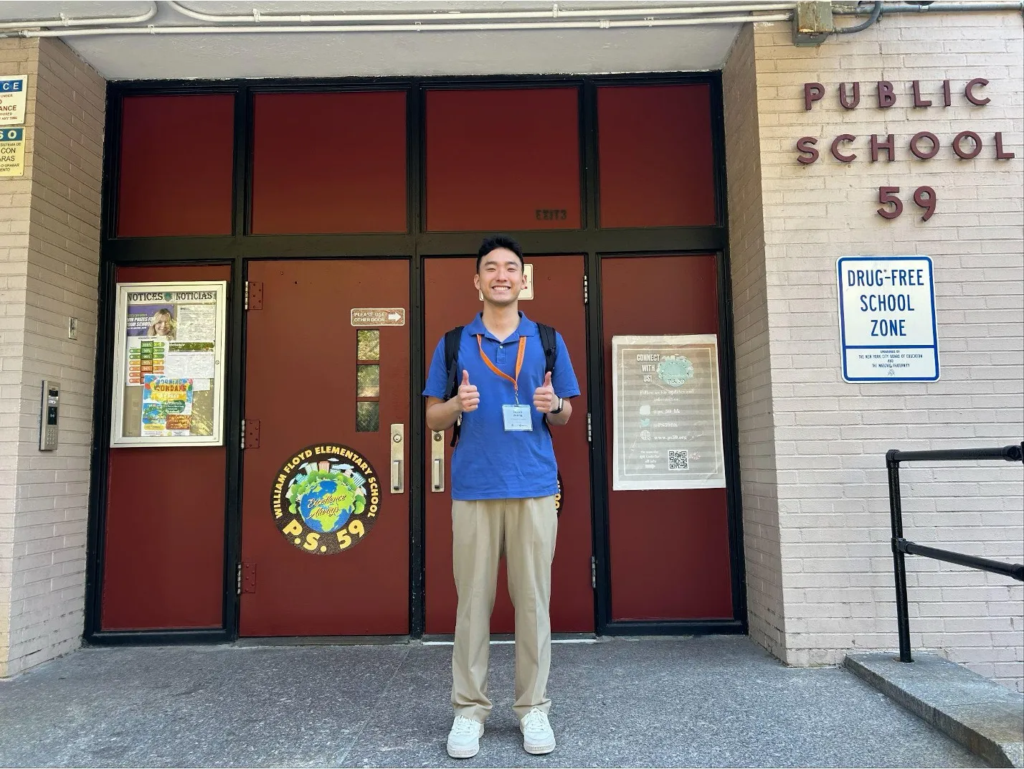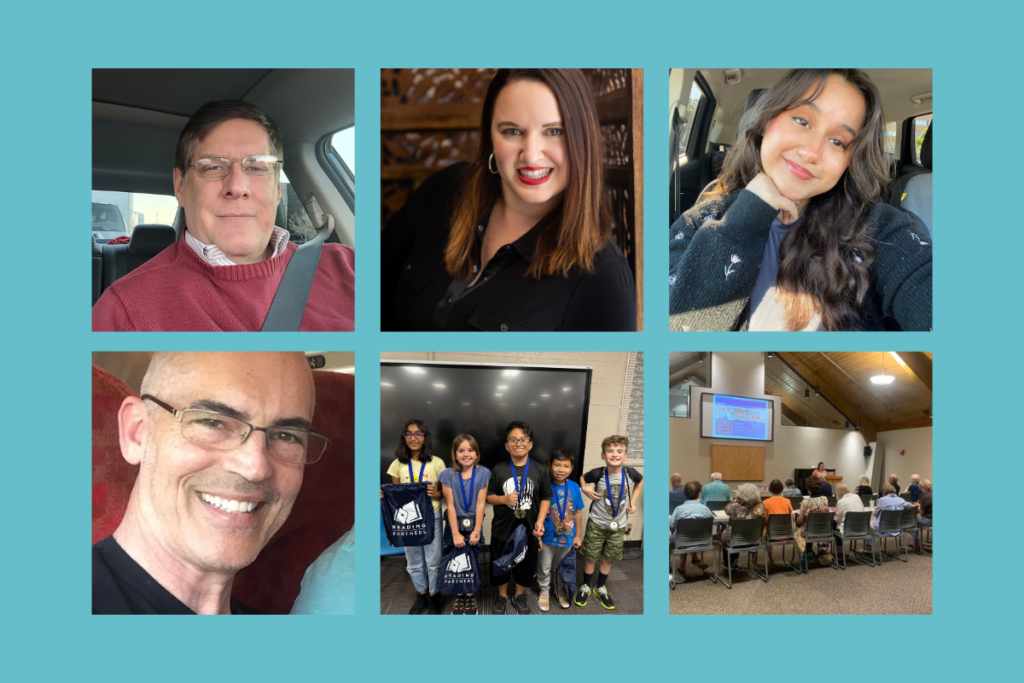Marin Voice: A New Year’s Resolution Marin Needs to Make
December 9, 2010
Election season may be over, but the uphill battle for a new and improved public education system has only just begun.
The changing tide of public awareness around the issue and the urgency with which politicians are trying to tackle it will almost certainly lead to improvements. Still, this won’t accelerate the pace at which our schools are receiving the resources they need to best serve our students fast enough.
Before you turn the page and decide this isn’t your problem, I assure you it is.
We may be aware of the fact that the public schools in low-income communities are lagging, but have we really stared directly into the eye of the storm raging in our own neighborhoods?
The difficulties of public education have not eluded us. For example, at Bayside Elementary School, the only public school in Marin City/Sausalito, only 17 percent of third graders are reading at proficient levels, according to greatschools.org. Correspondingly, 95 percent of the students at this school qualify for free/reduced lunch.
The amount that needs to be done to fix the system may be daunting, but we as individuals can, and indeed must, take some action. Even if we as individuals only take baby steps, we as a community can conquer the goliath.
Contrary to what it may seem, it doesn’t take much to nudge a young child toward the right path. Young students tend to be very responsive, and some extra undivided instruction and attention is often enough to help them excel.
This is why community volunteers play such a significant role in impacting our children’s education. By donating just a couple hours a week to tutor young students, individual volunteers can impact the lives of individual students; little by little we can turn this problem around.
And what better time than now to make a commitment to help?
The holiday season is already here, and we’ll soon be urged to resolve to become better versions of our 2010 selves in 2011, so let’s take the opportunity to resolve to become a stronger community — one that does not allow our children to take the fall for a struggling education system.
If each of us commits to volunteering in a school for just one hour a week, we can effect real change next year. Imagine the possibilities if that hour were stretched to two or three.
Make a different kind of resolution this year: one that will make bring out the best in both yourself and the community.
Nichole Gangitano works at Bayside Elementary School in Sausalito as program manager for Reading Partners, an education nonprofit based in the Bay Area that is dedicated to transforming struggling young readers into confident readers who are excited about learning.
Marin Independent Journal/ Source



